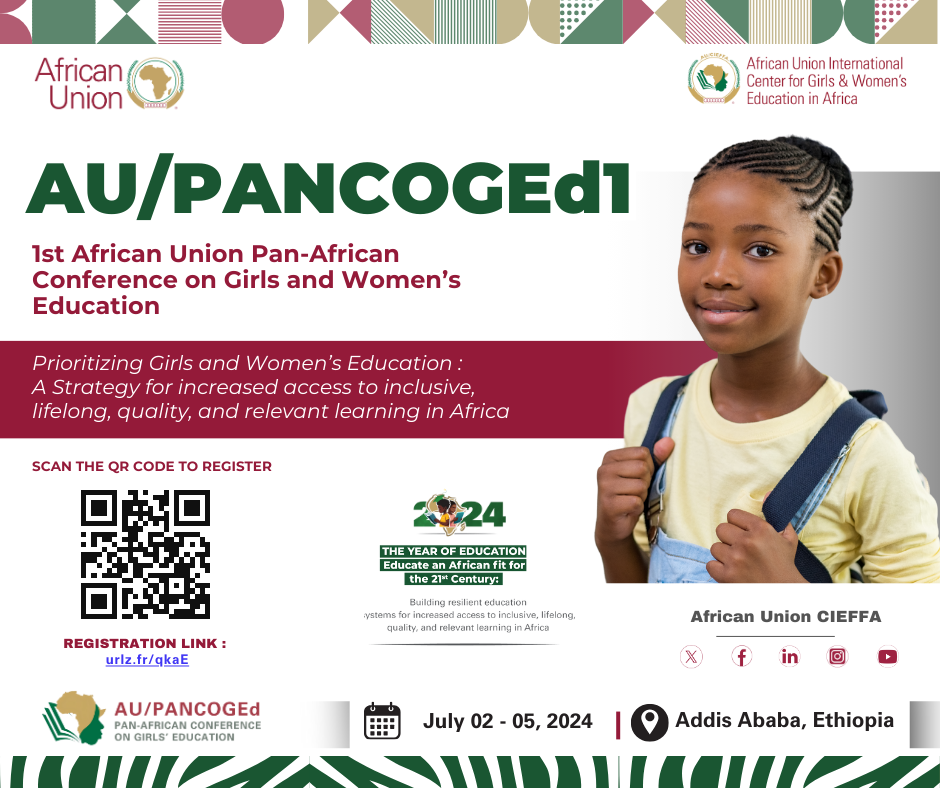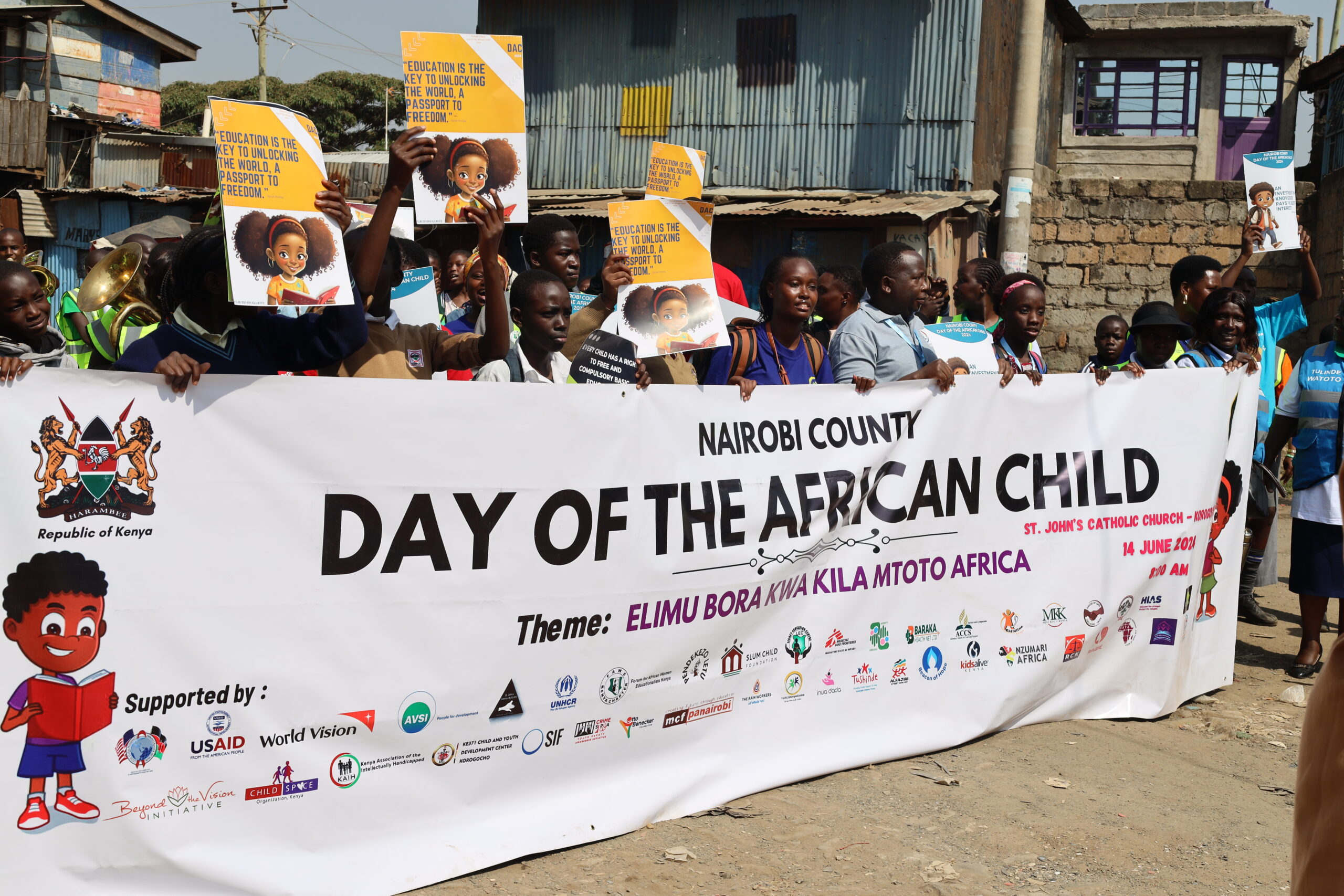Africa Inland Church (AIC) Girls’ Primary School in Kajiado, Kenya, has for the past fifty eight years served as a rescue center for hundreds of girls who have been victims of Female Genital Mutilation (FGM), early marriages and sexual abuse from the region.
Established by missionaries in 1959 and later taken over by the Government of Kenya, the school is refuge to more than 700 girls that have been victims of negative cultural practices besides being a haven for several physically and visually challenged girls.
Notably, Kajiado County in Kenya’s Rift Valley has recorded high cases of FGM and early child marriages. According to a Girls Not Brides Kenya report 2012, 40% of girls in Kenya are married before their eighteenth birthday with 61% of these coming from Kajiado County alone.
A multi-sectoral approach
It has taken the combined efforts of community activists, the Ministry of Education, the county government and civil society organizations like FAWE Kenya to fight some of these harmful cultural practices and give the girls a second chance in education and life. In this multi-sectoral approach, community activists play a critical role in identifying girls at risk of undergoing the practice and those on the verge of being married off. They then report the cases to local authorities for action. The ministry, legislative leaders and individual well-wishers have also offered scholarship opportunities to some of the girls.
In 1999, FAWE Kenya made the AIC school one of its Centers of Excellence and channeled more than 13 million Kenya Shillings (USD 130,000) towards providing physical, psycho-social and economic support to the girls. In pursuit of transforming the school, FAWE Kenya built physical structures such as a library, an administration block and a rescue center to meet the needs of the girls.
FAWE Kenya also rolled out FAWE’s demonstrative interventions such the Tuseme (Let’s speak out) and Gender Responsive Pedagogy (GRP) models to address the gender issues that the girls face in both the school environment and in their community. To integrate the models, the girls formed a club in which they are taught how to speak out about their problems and derive comprehensive solutions to personal, school and community problems. A total 1,500 community members and leaders have equally been sensitized on the importance of girls’ empowerment in the society. In addition, 30 teachers in the school have been trained in the application gender responsive teaching and learning approaches in and out of the classroom.
In 2014, FAWE Kenya working closely FAWE Regional Secretariat and Intel Corporation, an American multinational corporation and technology company, secured 20 computers for the school’s computer lab and this has enhanced ICT skills for the girls and teachers.
Emerging challenges
Despite the substantial support this model school has so far received from various stakeholders, a number of challenges continue to emerge. For instance, some of the girls have not yet reconciled with their families and have on many occasions opted to remain in school over the holidays and this has forced the school administration to cater for their accommodation all year round.
With early marriages being a deeply entrenched cultural practice in the community, the recurrence rate is very high. Once a girl undergoes FGM, she is considered ready for marriage whether or not she is still in puberty.
The school infrastructure is no longer able to accommodate the soaring number of girls continually being victimized in the communities. The dining hall is too small and the girls are now forced to eat in shifts, with congestion being rife in the dormitories.
In addition, the rescued girls continue to require educational materials and personal amenities such as beddings and personal hygiene packs in order to improve concentration in their studies. The school also requires more financial support to cater for the ever increasing number of newly rescued girls.
Looking ahead
The fight against FGM, child marriage and child abuse has over the years gained momentum both in Kenya and internationally. Numerous campaigns on ending child marriage and curbing Gender Based Violence have begun to bear fruit. The Government of Kenya issued a ban on FGM in 2011 and this paved the way for the authorities to prosecute individuals involved in forcing the girls to undergo the proscribed ritual. This move was however met with a lot of resistance from the communities, especially from those living in Kajiado County, who view the practice as a means of controlling the girls from engaging in sex with multiple partners and as a way of preventing death among family members.
Article 28 and 29 on the Bill of Rights in the Kenyan constitution forbids all forms of violence including corporal punishment, discrimination physical or psychological torture of all human beings including children.
To protect these girls, there is a need to conduct a massive sensitization campaign on girls’ empowerment at the grassroots. Moreover, the girls that have been rescued from the grip of negative cultural practices ought to be empowered so as to serve as living examples of how the communities and families stand to benefit if they take girls to school.
The rescued girls will however need socio-economic support in education, healthcare and mentorship to fulfill their dreams and positively influence the social values in their communities.






Thant’s a good step ,,i personally wish to be among the team fighting FGM and early marriages ,having come from a locality where this is practiced i would wish to help my fellow girls achieve there desires